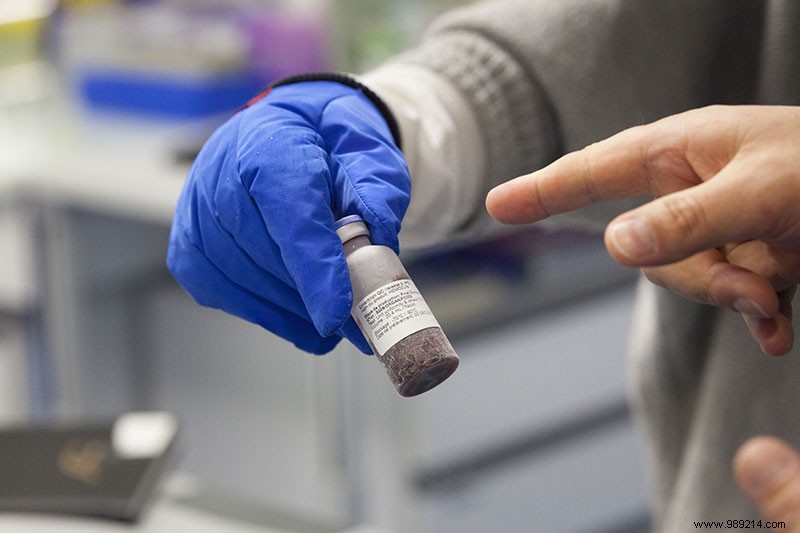A Brittany-based biotech firm, Hemarina, has pioneered an oxygenation therapy derived from a resilient sea worm, offering a potential solution for intensive care units strained by ventilator shortages during the COVID-19 crisis.
First identified in the 18th century by Swedish naturalist Carl Linnaeus, the Arenicola marina sea worm creates the distinctive coils often seen on beaches. This burrowing creature can respire underground, prompting in-depth research by Hemarina, located in Morlaix, Finistère. Remarkably, its hemoglobin binds up to 40 times more oxygen than human hemoglobin.
Dr. Frank Zal, a marine biology expert and Hemarina's founder, has leveraged this discovery to develop Hemo2Life, a universal oxygen carrier. Offered to France's Ministry of Health amid the COVID-19 pandemic, it stands ready to treat 5,000 patients, with capacity to scale production for up to 30,000 if needed.

As hospitals grapple with surging patients, ICUs face critical shortages of ventilators and trained staff. Yet Hemarina encounters obstacles, as detailed in a March 18, 2020, article by Le Journal des Entreprises. Hemo2Life lacks final marketing authorization, raising questions about supporting such innovations during emergencies. By March 21, 2020, France reported over 12,500 COVID-19 cases and 450 deaths.
Originally designed for broader uses, Hemo2Life preserves organ grafts, enhances immunotherapy by boosting monoclonal antibody yields to lower cancer treatment costs, and substitutes for porcine or bovine hemoglobin in food fermentation processes.
Source
Related Articles: